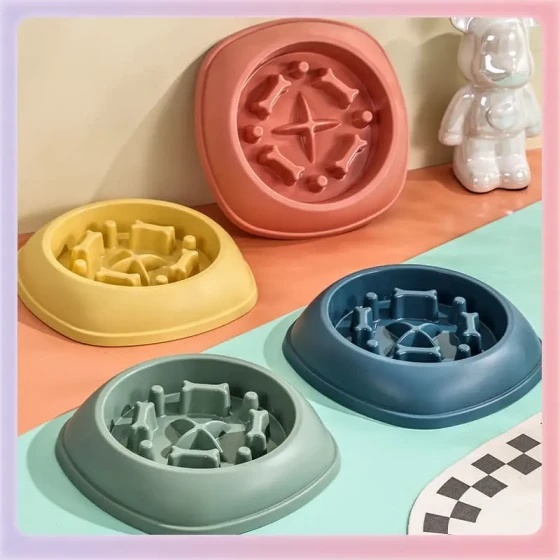How to properly handle a dog after it passes away

Maltese Dog (Detailed Introduction)
The number of people raising pets is increasing daily, but few raise them healthily and reasonably. In China, when dogs suddenly pass away or die from illness, no grand funeral is necessary. Common methods dog owners use to dispose of dog bodies include abandoning them in ditches, throwing them into garbage bins, burying in soil, feeding to other animals, incineration, or cremation. Are these disposal methods truly good for the dogs? Are they responsible to others or other living dogs?
Dogs that die from disease mostly suffer from distemper, parvovirus, adenovirus infections, and zoonotic parasitic diseases; diseased cats mostly die from feline panleukopenia, and many cats carry parasites such as tapeworms and fleas.
"After pet bodies are buried, some pathogens will naturally die, but some pathogens can survive in the bone marrow for a year, and spores among them can survive in soil for several years. This poses a huge threat to the environment, especially easily contaminating water sources."
Editor’s suggestion: If burying pet bodies, it must be at least 50 meters away from wells, springs, and rivers — in general, far from water sources to avoid contamination. The burial depth should be at least half a meter from the ground surface. On the animal body, quicklime or bleaching powder with a concentration above 20% should be covered. Used items of diseased pets should be soaked in bleach solution with more than 5% concentration or peracetic acid solution between 0.2% and 0.5% to achieve thorough disinfection.
Casually discarding dead pets, although their bodies are eventually cremated in landfills, during this process they may still spread pathogens anytime, polluting water, air, soil, etc. Infectious agents on animal bodies, especially zoonotic pathogens, pose constant danger to people and the environment. The best and most thorough solution for such pathogen contamination is cremation.
However, currently only a minority of owners cremate their pets. Besides the high cost of cremation, a major reason is the lack of awareness about harmless treatment of animal remains. "The best harmless disposal is cremation. For bacteria, viruses, and parasites carried by pets, cremation is the most thorough sterilization method. Burial and discarding both potentially impact the environment."

Golden Retriever (Detailed Introduction)
Currently, cities like Shanghai and Beijing have specific places for pet cremation. In Beijing’s Daxing Huangfa Nursery Animal Memorial Forest spanning over 2,000 mu (about 330 acres), every sapling is planted over the ashes of cats and dogs. The China Small Animal Protection Association has rescued over 1,000 small animals, and after their passing, their bodies are sent here for cremation and ash burial. Staff believe this method not only returns animals to nature but also benefits organic recycling in the environment.
Some countries have clear regulations on pet body disposal:
Some countries have strict rules for pet corpse treatment. First, pet bodies must be verified by a veterinarian to test for infectious diseases. Pets with contagious diseases must be cremated. As for burial, locations are strictly regulated; random burial is prohibited. The size and depth of the burial pit must be based on the animal’s body length.
According to related reports, the pet funeral industry abroad has become a mature sector. For example, the UK has approximately 11 million pets, generating a pet market worth up to 3.5 billion pounds annually, and the pet funeral industry offers services such as cremation, coffins, pet cemeteries, and condolence cards. In Japan, beyond pet cremation, funerals, and cemeteries, there are even temples dedicated to pet services.
Therefore, the most reasonable way to handle your dog after it passes is cremation. If you live in a smaller city without pet cremation facilities and your conditions allow, you can take your pet’s body to other cities like Shanghai or Beijing for cremation. Those places provide comprehensive services including cremation, ashes, and graves, of course, only if your financial situation permits.





